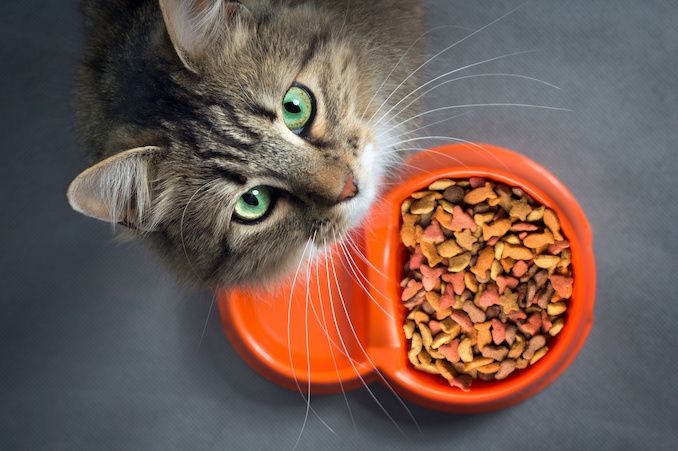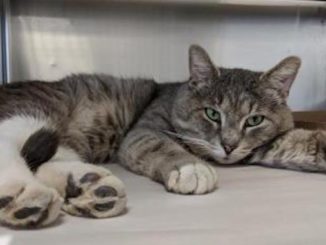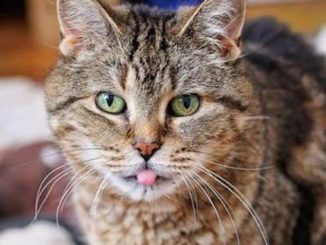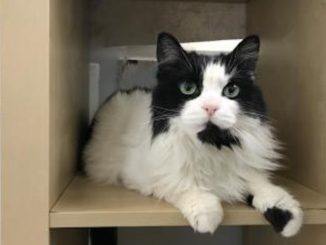It’s crucial to provide your feline friend with healthy food twice a day for complete nourishment. However, choosing the right cat food can be quite confusing as there are a ton of options and brands in the market. You want to be sure that it has good ingredients and that your cat is getting the right amount of nutrients they need.
You also have to take into account any allergies or specific nutritional needs that your cat may have. For instance, if your cat is suffering from hyperthyroidism, you want to make sure that you’re getting the best canned food for hyperthyroid cats to meet their maintenance needs.

A change in diet may be necessary if you notice the following signs:
Lethargy/Weakness
If your cat is suffering from anxiety or any illness, or has just undergone a surgery, it’s normal for them to feel weak and tired. However, if there are no other factors that might cause your cat’s weakness or lethargy, you should consult your veterinarian to help you determine why they’re feeling weak and lethargic.
Upset Stomach
One of the most obvious signs that you should change your cat food is an upset stomach. Remember, not all cats are the same. What works for celebrity cats might not work for your cat, no matter how much you push it.
Some of the common symptoms of an upset stomach include vomiting and diarrhea, which usually happen minutes after they’ve just finished their meal. However, if you notice chronic vomiting and diarrhea, you should consult with your veterinarian immediately as this could be a symptom of another illness. Along with this, find out if your cat is allergic to a particular ingredient. If they are, make sure to check your cat food’s label and make sure that it’s allergen-free.
Carrying Too Much Weight
As cute as fat cats may look, obesity is never a good thing. Even with cats, there’s a recommended weight for their breed, age, and height. If your cat is carrying too much weight, it could because your cat food has a ton of excess calories.
When this happens, switch to cat food that’s designed for weight loss. This type of food will help your cat shed off the extra pounds, and help make sure that they’re healthy and strong.
Poor Coat Quality
Your cat’s fur should be smooth, shiny, and clean. If you notice a change in the quality of their fur, such as if it’s starting to look dull, flaky, or itchy, it’s probably time to switch to cat food that’s rich in fatty acids. Fatty acids help make the skin and coat of your cat healthy and soft to touch. Choose cat foods that have omega-3 and omega-6 formulation so you could give your cat a healthy coat that they’d love as well.

Constant Itchiness
If you notice that your cat is exceptionally itchy and just can’t stop scratching themselves with their paw or against a surface, you might need to switch up your cat food as this could be a sign of food allergies. If you can’t identify what your cat is allergic to, you should look for hypoallergenic cat food to avoid exacerbating the situation. If the symptoms persist, ask if your vet can do blood or skin tests or recommend an elimination diet to identify the specific allergens.
Life Stages
You cannot feed your cat the same kind of cat food all their life. They need certain types of cat food depending on which age group they belong to: kitten, adult, and senior.
You should feed them the proper type of food that can provide the perfect balance of nutrients that they need. Different age groups require specific nutrients so that they could grow healthy and strong. You should avoid cat foods that are labeled ‘for all life stages’ as this can contain excessive or insufficient amounts of nutrients for a particular age group.
If you have a senior cat, their nutritional requirements will be much different from what they needed when they were younger. As your cat gets older, they’ll need additional nutrients to help them live a longer life. Make sure to choose cat food that’s lower in calories, high in fibre, and contain ingredients that help with joint support as your cat’s bones tend to grow weaker as they age.
Conclusion
Before changing your cat food, consult with your vet first as the signs your cat is showing may be a symptom of other diseases rather than an indicator that there’s something wrong with their food. You should also look for cat food that contains the highest nutritional value for their age group to keep them healthy and strong.




